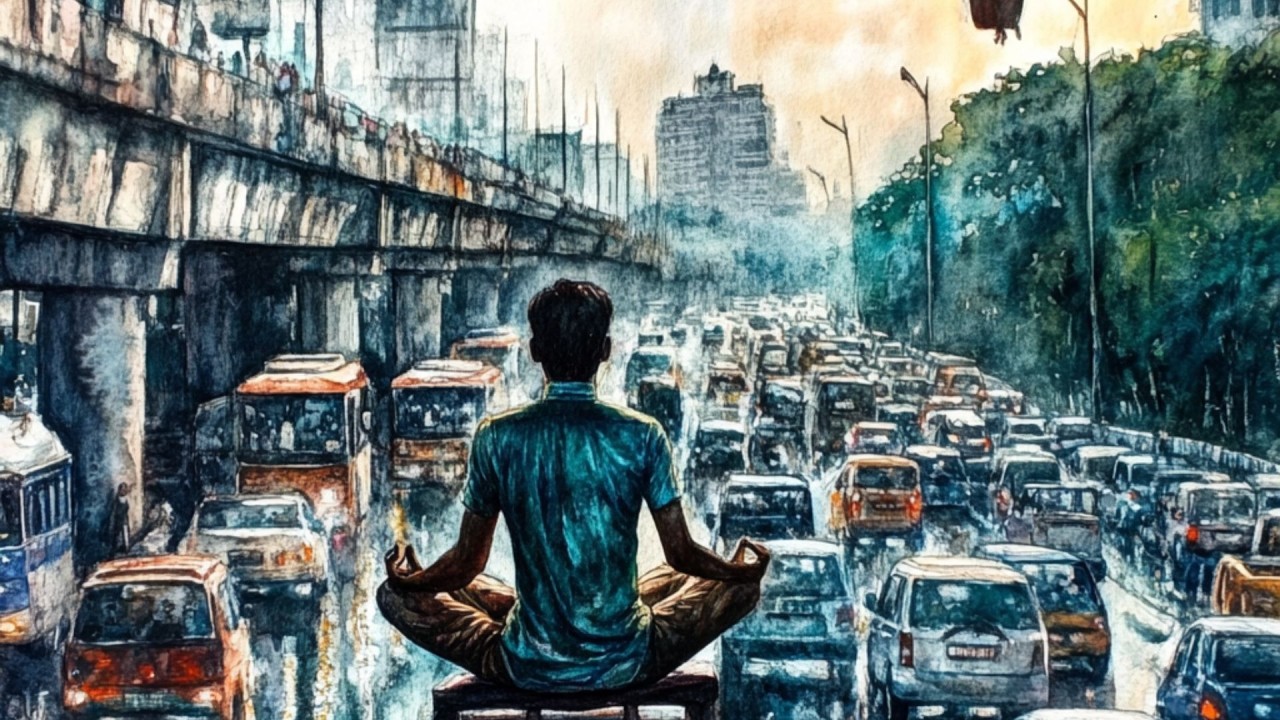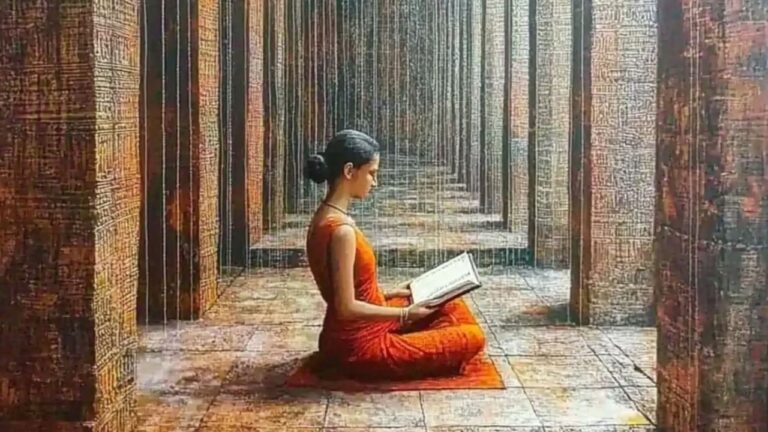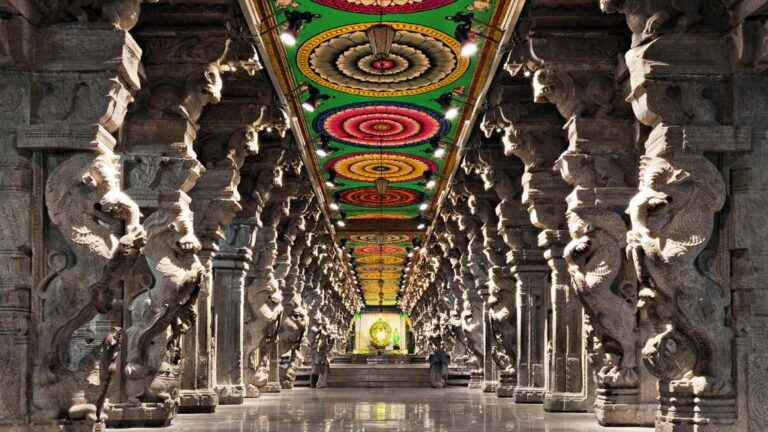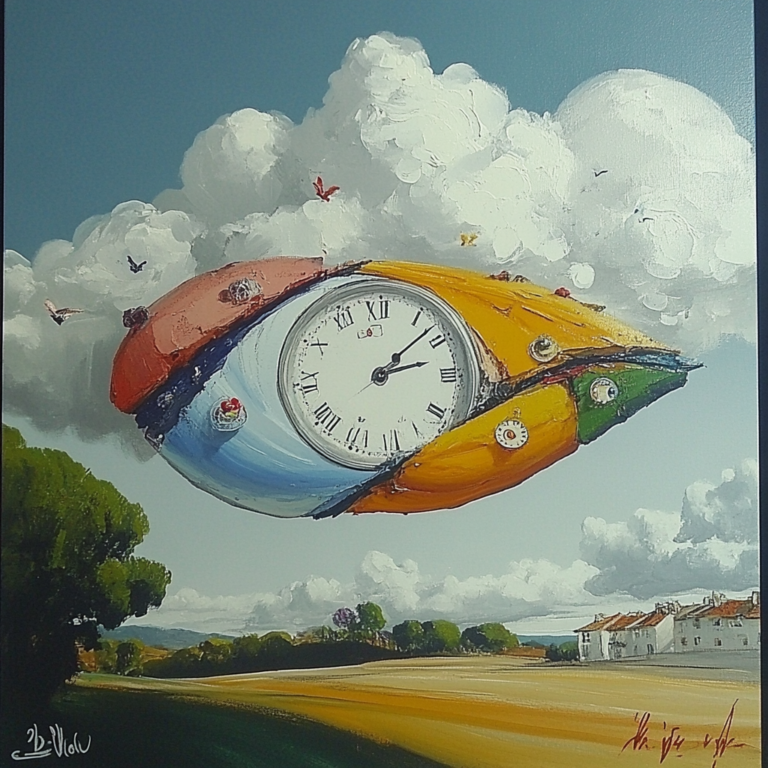Transcending Binaries to Reconnect with Core Indian Knowledge Traditions (Parampara)
Understanding the Roots of Conflict Between Modern Thinking and Indian Thought
One of the primary sources of conflict between modern thinking—largely shaped by non-dharmic traditions—and Indian thought lies in their opposing frameworks. Modern thinking often seeks uniformity, equality, and homogeneity, applying these principles to life, spirituality, religion, and culture. Indian thought, on the other hand, thrives on the recognition and celebration of diversity, rooted in a nuanced understanding of nature and consciousness.
Non-Dharmic Frameworks: The Uniformity Trap
Non-dharmic religious and philosophical systems tend to prescribe universal rules, laws, and practices, often overlooking the rich diversity inherent in human existence and nature. This approach often ignores:
- Individual variations in personality, circumstances, and spiritual progress.
- Natural diversity in gender roles, life stages, and temperaments.
- Consciousness as a continuum, rather than a singular experience.
For instance, the homogenizing worldview often categorizes individuals into rigid binaries of “believers” versus “non-believers,” imposing standardized doctrines that disregard individual karma, proclivities, and levels of awareness. This rigidity, far removed from the Indian ethos, clashes with the Indian way of understanding life as a journey shaped by unique paths toward self-realization. Dr. Kundan Singh, a professor at Sofia University, San Francisco and a scholar in Indian philosophy and psychology, has extensively examined the concept of binaries within Western and Indian thought systems.
The Foundation of Diversity in Indian Thought
Indian knowledge systems honor diversity as an integral part of existence. This diversity arises from various factors:
- Gender and its roles, seen as complementary and not oppositional.
- Karma, which shapes an individual’s journey based on past actions.
- Levels of consciousness, reflecting the evolution of awareness.
- Proclivities (gunas) and inherent nature (swabhava), influencing choices and behavior.
- Physical and mental constitutions, categorized in Ayurveda as Tridoshas and mental types.
- Samskaras, impressions from past lives that shape tendencies.
- Life stages (ashramas), with tailored responsibilities and practices.
The Cry of “Discrimination” and the Misinterpretation of Viveka
When modern thinkers conditioned by homogenizing frameworks approach Indian shastras (texts), they often misinterpret their essence. Concepts rooted in viveka—the discerning ability to recognize and honor diversity—are labeled as discriminatory.
For example, we have texts that provide guidelines tailored to different stages of life and societal roles. Rather than being discriminatory, these guidelines reflect the principle of kartavya (duty) specific to one’s circumstances, enabling individuals to progress along their spiritual journey. Misinterpreting this diversity as exclusionary erases the nuanced understanding that Indian traditions champion.
Colonized Minds and the Rejection of Indian Knowledge
Colonial rule and subsequent colonized education systems have deeply influenced modern Indian perspectives, fostering a rejection of native wisdom. This colonized mindset:
- Views Indian texts as outdated and impractical.
- Equates science with non-Indian methodologies, ignoring the universality of scientific inquiry.
- Dismisses the holistic Indian worldview as inferior to the reductionist approaches of that are more popular and appreciated.
For instance, the ancient Indian sciences of Ayurveda, Yoga, and Jyotisha (astrology) are often dismissed as pseudosciences, despite their profound basis in understanding consciousness, nature, and human well-being. The Charaka Samhita, an ancient Ayurvedic text, highlights interconnectedness: “What exists in the cosmos also exists in the human body.” This idea resonates with modern systems thinking but remains undervalued due to colonial biases.
Divergent Worldviews: Synthetic Unity vs. Integral Unity
The divergence between modern thinking and Indian thought stems from their differing views on the relationship between Divinity, humanity, and nature.
1. Modern Thought: Synthetic Unity
- Divinity, man, and nature are seen as separate entities.
- God is perceived as an enforcer of rules and punishments.
- Nature is exploited for material gain, driven by Artha (wealth) and Kama (desire) without the balancing principles of Dharma and Moksha.
2. Indian Thought: Integral Unity
- Consciousness forms the substratum of existence.
- Divinity is immanent and transcendent, pervading all creation.
- Nature is revered as sacred, embodying the divine (Prakriti as Shakti).
- Dharma serves as a guiding principle, balancing material pursuits with spiritual growth.
An example of this harmony is the Panchabhuta (five elements) theory, which sees all creation as composed of earth, water, fire, air, and ether. This perspective fosters respect for nature, as opposed to the exploitative attitude prevalent in industrial modernity.
Honoring Diversity as Dharma
Indian traditions emphasize that respecting diversity is not exclusionary but aligns with the principles of Dharma. Forcing uniformity—whether in education, spirituality, or lifestyle—introduces trauma and disrupts the natural order. Instead, creating tailored pathways allows individuals to progress toward self-realization at their own pace.
For instance:
- The Bhagavad Gita offers different paths—Karma Yoga, Jnana Yoga, Bhakti Yoga, and Dhyana Yoga—recognizing the diverse proclivities of seekers.
- The Upanishads highlight the Panchakosha model, showing that individuals evolve through layers of existence—from the physical (Annamaya Kosha) to the blissful (Anandamaya Kosha).
Reconnecting with Indian Wisdom
The path forward lies in revisiting Indian knowledge traditions or parampara with an open mind and applying their timeless principles to contemporary challenges. Recognizing the diversity within each individual and aligning it with the universal principles of Dharma can help bridge the gap between modern thinking and Indian thought.
By honoring diversity and fostering integral unity, we can create a world that is not only materially prosperous but also spiritually fulfilling. Let us reconnect with this wisdom to harmonize humanity’s journey toward self-realization and liberation.







